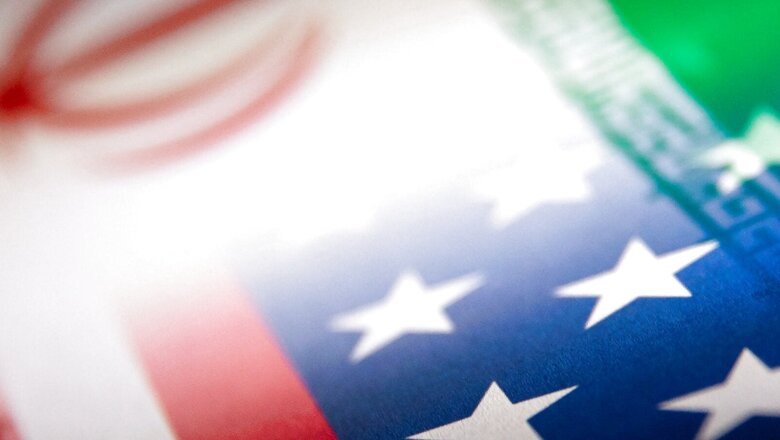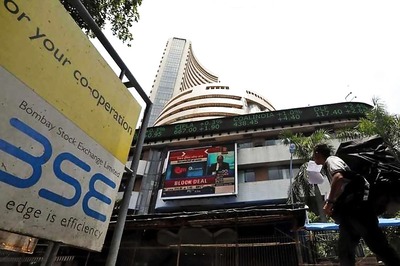
views
The UN atomic energy watchdog said on Thursday that Iran was removing 27 surveillance cameras at its nuclear facilities, warning this could be a “fatal blow” to negotiations to revive a landmark deal. Talks began in April last year to bring the United States back to the 2015 accord, lifting sanctions, and Iran back into compliance, limiting its nuclear activities.
But negotiations have stalled since March, and raising tensions, International Atomic Energy Agency (IAEA) members on Wednesday passed a resolution censuring Iran over its lack of cooperation with the watchdog.
Iran has condemned the motion as “unconstructive”, announcing earlier on Wednesday that it had disconnected some IAEA cameras monitoring its nuclear sites. “What we have been informed is that 27 cameras … are being removed in Iran,” IAEA chief Rafael Grossi told reporters on Thursday.
“So this of course poses a serious challenge to our ability to continue working there.” Grossi urged Iran to engage with him “immediately”.
He said if a solution was not found within three to four weeks to the issue, this would be “a fatal blow” to negotiations.
Grossi said about 40 monitoring cameras remained in the Islamic republic.
‘Firm stance’
Wednesday’s motion — approved by 30 of the 35 members of the IAEA board of governors, with only Russia and China voting against — was the first to criticise Iran since June 2020.
Iran’s foreign ministry criticised the resolution — submitted by the United States, Britain, France and Germany — as a “political, unconstructive and incorrect action”.
The resolution came after the IAEA said Iran continued to fail to explain adequately the previous discovery of traces of enriched uranium at three sites which Tehran had not declared as having hosted nuclear activities.
Iran, which had already responded angrily to Grossi’s decision to visit Israel ahead of the board of governors meeting, accused the watchdog of relying too much on “fabricated” Israeli intelligence reports.
Israeli Prime Minister Naftali Bennett welcomed the IAEA’s censure of Iran.
“We see here a firm stance by the countries of the world regarding the distinction between good and evil, as they clearly state that Iran is concealing things,” Bennett said before heading to the United Arab Emirates, a fellow Iran critic, for a previously unannounced visit on Thursday.
After the resolution was adopted, the US, Britain, France and Germany urged Iran “to fulfil its legal obligations and cooperate with the IAEA”.
The US State Department said that if confirmed, Iran’s reported counter-measures were “extremely regrettable” and “counterproductive” to attempts to revive the 2015 nuclear deal.
The foreign ministry in Tehran said besides deactivating the cameras in response to the IAEA censure motion, Iran has also installed additional advanced centrifuges for uranium enrichment.
Nuclear ambitions
The landmark agreement set limits to Iran’s nuclear activities in return for relief from international sanctions. But it has been in disarray since then US president Donald Trump unilaterally withdrew from it in 2018 and reimposed crippling sanctions.
In response, Iran, which has repeatedly denied any ambition to develop a nuclear weapons capability, began rolling back on its own commitments under the deal.
European capitals have expressed mounting concern over how far Iran has gone in resuming nuclear activities since the US began reimposing sanctions.
Iran has built up large stockpiles of enriched uranium, some of it enriched to levels far higher than those needed for nuclear power generation.
The IAEA head said on Monday it would be “a matter of just a few weeks” before Iran could obtain sufficient material needed for a nuclear weapon if it continues to develop its programme.
Read all the Latest News here




















Comments
0 comment